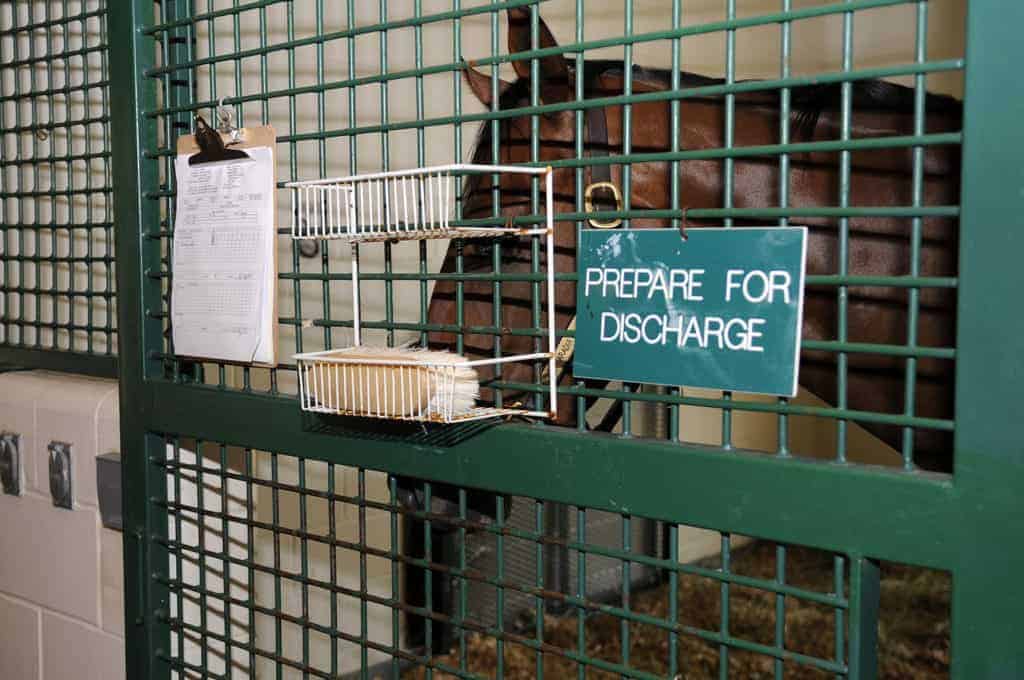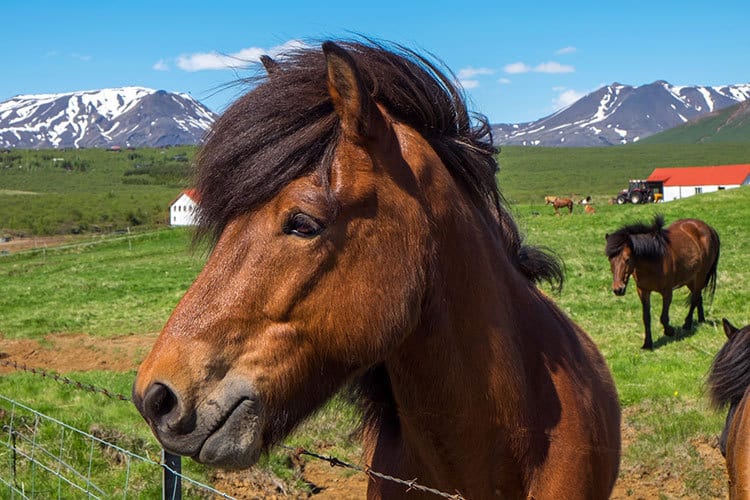
Alfalfa Chaff vs. Pellets: Can Form Affect Gastric Ulcers?
Alfalfa products with smaller particle sizes appear to be more effective in helping limit gastric lesion formation.

Alfalfa products with smaller particle sizes appear to be more effective in helping limit gastric lesion formation.

A recently developed scoring system can help veterinarians make treatment recommendations, researchers say.

A thoracotomy improved affected horses’ survival rates while dehydration increased the odds of death.

Foals’ size and fragility present veterinarians with unique diagnostic and treatment challenges in the face of colic.

Researchers are discovering how the vast and varied microbes in the horse’s gastrointestinal tract impact equine health.

A vet reviews the different lesions practitioners might encounter during a colic and whether they warrant referral.

The collaborative work of the owner, farrier, and veterinarian can dictate a horse’s soundness and overall health.

Researchers identified risk factors including hay type, water source, breed, and pasture access.

A specific strain of S. zooepidemicus was likely behind the horses’ coughing and nasal discharge.

Dr. Josie Traub-Dargatz shares lessons learned from equine disease outbreaks and tactics for avoiding infection spread.

The automatic test’s short run time enables a high throughput with minimal labor requirements, researchers say.

The key is to ensure the hay, haylage, or grass has enough high-energy nutrient value to cover the horse’s needs.

Researchers tested a vaccine created with “reverse genetics” with positive results.

Decreased immune function following transport could take more than a month to return to normal, researchers found.

A low-starch, fiber-based diet can help manage equine gastric ulcer syndrome after medical treatment is stopped.

From 1995 to 2014, the OIE received reports of 54 disease events associated with international horse movement.
Stay on top of the most recent Horse Health news with
"*" indicates required fields